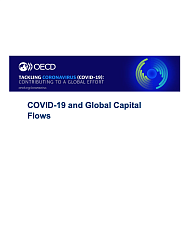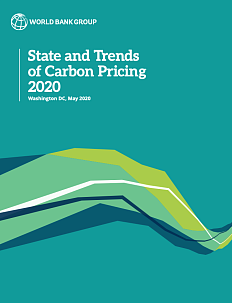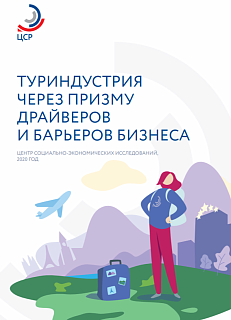This study examines the impact of the COVID-19 crisis on global capital flows and measures taken by various countries regarding currency control.
This study by the Organisation for Economic Cooperation and Development examines the impact of the COVID-19 crisis on global capital flows and measures taken by various countries regarding currency control. In addition to having dramatic implications for the health of people around the world, the COVID-19 outbreak has triggered major economic and financial consequences: GDP is now expected to contract by 6% globally in 2020; trade could fall by 12–32%; and FDI flows are expected to fall by around 40%. The global economic shock brought about by COVID-19 has led to a great many consequences. In particular, there has been an unprecedented outflow of capital from emerging market economies, as foreign investors have been selling their portfolio assets. The scale and speed of capital outflows in the current crisis have been about four times larger than during the 2008 financial crisis. In the face of this, currency-based measures have become an important part of emerging market economies’ policy toolkits. Countries will continue to review and adjust their support measures, including by drawing upon the experience of other countries in this area. As market fragmentation could make it more difficult to raise funding, countries have a strong interest in cooperating to find the most appropriate tools to address the crisis. Here, international cooperation will be key.






